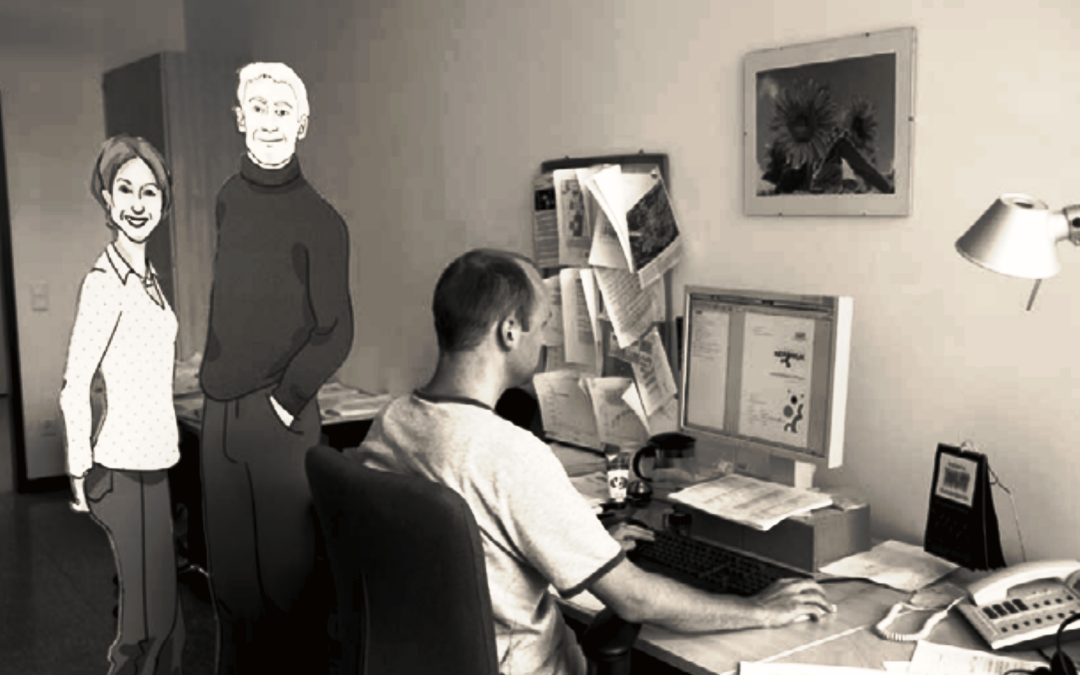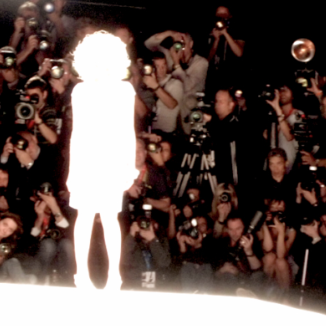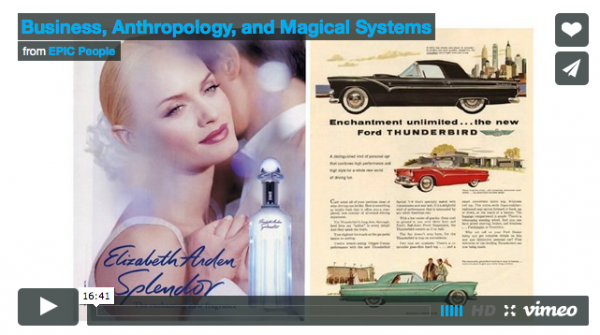This is a piece about certain types of objects. Those objects are models. I want to suggest that models are objects that are central to the various practices in which EPIC People are engaged for three reasons. Firstly, they help manage situations of uncertainty. Second, they are tools for...





